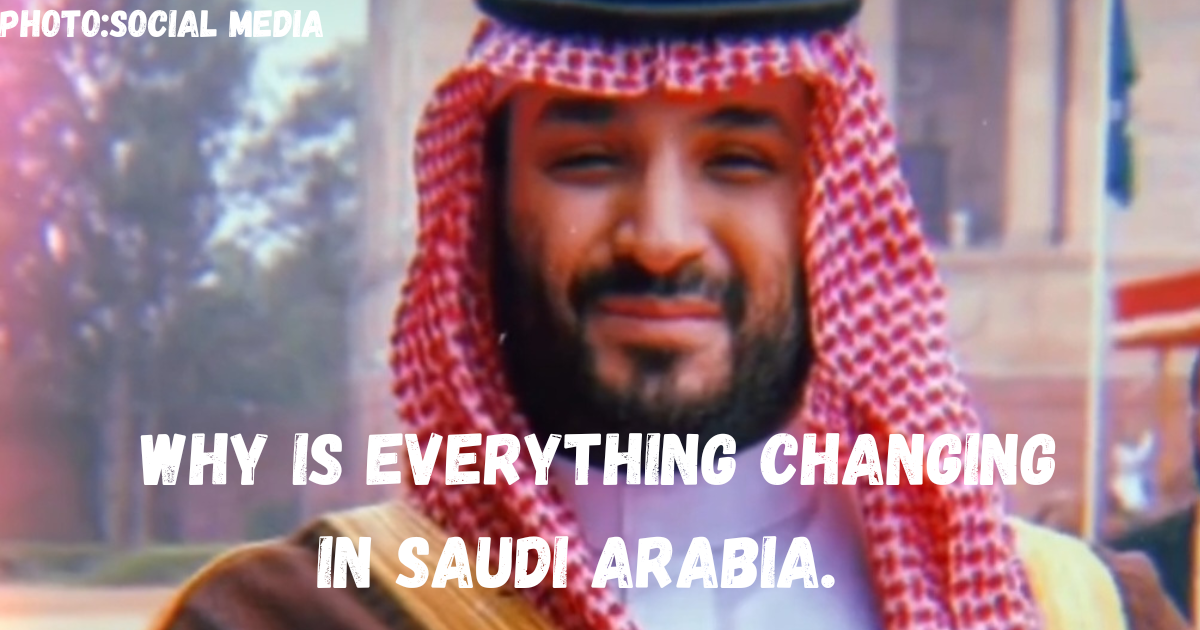Explore the profound changes happening in Saudi Arabia under Mohammed bin Salman’s leadership and the potential impact on other Islamic countries. Understand the motives behind the reforms and their implications for the broader Muslim world.
In recent years, Saudi Arabia has undergone remarkable transformations spearheaded by Crown Prince Mohammed bin Salman. These changes are not just confined within the borders of the kingdom but hold implications for other Islamic nations. Let’s unravel the reasons behind Saudi Arabia’s evolving landscape and assess how it might influence its counterparts.
Empowering Women: A Fundamental Shift
One of the most significant shifts in Saudi Arabia’s societal fabric has been the empowerment of women. Initiating in 2019, women gained the right to travel outside the country without a guardian’s permission. Subsequently, over 50 reforms have been implemented, granting women more opportunities in education and employment. The once stringent rules dictating women’s movements have been relaxed, allowing them to drive, shop independently, and even attend public events like the recent Riyadh music festival featuring Hollywood and Bollywood stars.
The Futuristic City: A Symbol of Progress
Saudi Arabia is investing heavily in a futuristic city, Neon, costing $500 million north of Red Sea. This city, known as the Futuristic City, is designed to attract a diverse population and symbolizes the kingdom’s commitment to modernization. Women, in particular, have expressed their views on these changes, highlighting the positive impact on their lives.
Global Image and Diplomacy
Mohammed bin Salman aims to position Saudi Arabia as a progressive global player. With investments in different Middle Eastern countries, he intends to build a new image for the kingdom. Recent talks between Saudi Arabia and Iran mark a shift in regional dynamics, indicating potential changes in geopolitical relationships.
Israel Relations and Palestine’s Role
While hinting at establishing relations with Israel, Mohammed bin Salman emphasizes a resolution to the Palestinian issue as a condition. This nuanced approach suggests a shift in Saudi foreign policy and opens the door to a more complex Middle East landscape.
Impact on Islamic Countries: A Catalyst for Change
Saudi Arabia has traditionally held significant influence over other Islamic nations, impacting areas such as economy, politics, and religion. The ongoing changes in the kingdom raise questions about how these reforms might affect other Muslim countries. The potential ripple effect on Islamic nations, especially those that historically imitate Saudi Arabia’s practices, could signal a broader shift towards modernization.
Hope for Progressive Change
As Saudi Arabia departs from a more conservative path, it instills hope that other countries following narrow ideologies might embark on a trajectory of progress. The historical assimilation of Saudi practices, particularly in countries like Pakistan, might see a transformation towards more inclusive and progressive policies.
Human Rights and Global Implications
The changes in Saudi Arabia go beyond societal reforms; they also touch upon political systems and human rights considerations. Mohammed bin Salman’s vision for a modernized and progressive nation carries the potential to influence the overall situation of human rights not just within the kingdom but also across the Islamic world.
In conclusion, Saudi Arabia’s ongoing transformation under Mohammed bin Salman’s leadership holds far-reaching implications for Islamic countries. The shift towards modernization, diplomacy with global players, and the nuanced approach to regional dynamics present an evolving narrative. As other Muslim nations closely observe these changes, Saudi Arabia stands as a beacon of potential progress and a catalyst for reevaluating societal norms and geopolitical relationships across the Islamic world. The impact of these changes is a story yet to fully unfold.
